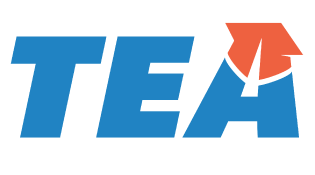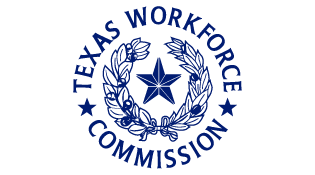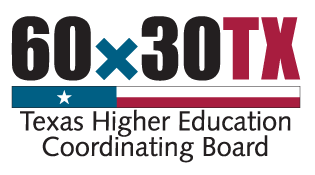When we heard that Texas OnCourse Leader Fellow Holly Moore increased her campus’ FAFSA completion by a whopping 21% in 2017–2018, we had to learn more! We interviewed her about her process and what she did differently than the year before. Holly is a college advisor in Waxahachie ISD, but made this incredible progress while she was at at Grand Prairie ISD last year. There were approximately 2,400 students at her school, and she worked with approximately 720 seniors each year.
Completing the Free Application for Federal Student Aid (FAFSA) is a crucial part of the financial aid process, and every college-bound senior should do it. It opens nationwide in October, and the priority deadline for students in the state of Texas is January 15th. The US Department of Education awards more than $120 billion a year in grants, work-study funds, and loans to more than 13 million students. Federal student aid covers expenses such as tuition and fees, room and board, books and supplies, and transportation. Aid can also help pay for other related expenses, such as a computer and dependent care.
Here are some of the key takeaways that Holly attributes to her success:
Let students and their parents know about the benefits of completing a financial aid application.
The school that Holly works at is within the Dallas County Promise’s jurisdiction, meaning that students can go to community college for two years for free. Another opportunity for financial aid is the federal Pell Grant, which has a maximum award of $6,095. Not only does completing a financial aid application help with federal and institutional aid, but many national and local scholarships request a completed FAFSA. Holly made sure that her students and their parents understood that these financial benefits, and many others, are available, but that the first step in qualifying for them is completing the FAFSA.
Determine where you can best access your students.
Holly recommends zeroing in on seniors who are taking economics. At her school, 85% of seniors had economics in the fall or spring, and it’s worth noting that FAFSA is part of the TEKS for economics. This is the perfect opportunity for counselors and advisers to come talk about financial aid during class. Some economics teachers also like offering extra credit for FAFSA completion.
Another way to ensure that students and parents are a captive audience is by hosting a FAFSA night. Holly recommends reserving a computer lab at school and providing drinks and snacks so that students and parents can complete the online app in a low-pressure environment, with the support of on-site counselors and advisers. In the past, she’s also had financial aid officers present from local institutions (like University of North Texas and Dallas County Community College) to answer questions.
Lastly, if a school has an AVID program, it’s a good idea to collaborate with the AVID instructor to ensure FAFSA completion. If completion numbers are low, the AVID instructor can nudge their students in the right direction.
Use FAFSA completion data to track progress.
Holly found that using a run chart to track FAFSA completion rates week to week was useful. That way, she could see which tactics/events were helping students the most. This is also a great opportunity to share progress with others on campus, as well as get them involved.
Involve others in the process.
Holly worked with Advise TX advisers and called students one by one to get applications completed. She also found phoning/emailing parents helpful, so that they knew their child had started the FAFSA and were able to provide a measure of accountability. She explained why it was important that their student complete the application in a timely manner.
Ensure counselors/advisers are up-to-date on the process.
Holly wanted to make sure she was knowledgeable, confident, and up to date with the actual FAFSA completion process, so she used the FAFSA demo site to simulate an app before advising season began (using the provided log-in credentials). She also recommends that advisers and economics teachers complete the FAFSA module in the Texas OnCourse Academy. The module provides additional resources you can share with students and families.
We’re impressed with Holly’s FAFSA completion progress, and we hope you’ve found some of these tips helpful so that you can apply them at your school. Here’s to the pursuit of higher education! And finally, don't make these 12 common FAFSA mistakes, pictured below and downloadable here:





